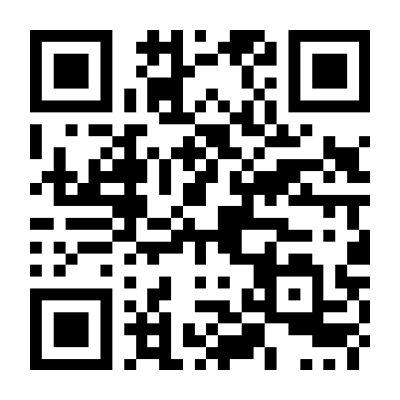多选题
2分
Five years ago, David Smith wore an expensive suit to work every day. "I was a clothes addict," he j...
Five years ago, David Smith wore an expensive suit to work every day. "I was a clothes addict," he jokes. "I used to carry a fresh suit to work with me so I could change if my clothes got wrinkled." Today David wears casual clothes--khaki pants and a sports shirt to the office. He hardly ever wears a necktie. "I'm working harder than ever," David says, "and I need to feel comfortable."
More and more companies are allowing their office workers to wear casual clothes to work. In the United States, the changes from formal to casual office wear have been slow. In the early 1990s, many companies allowed their workers to wear casual clothes on Friday (but only on Friday). This became known as "dress-down Friday" or "casual Friday". "What started out as an extra one-day-a-week benefit for workers has really become an everyday thing." said business adviser Maisly Jones.
Why have so many companies started allowing their workers to wear casual clothes' One reason is that it's easier for a company to attract new workers if it has a casual dress code. "A lot of young people don't want to dress up for work," says the owner of a software company, "so it's hard to hire people if you have a conservative dress code." Another reason is that people seem happier and more productive when they are wearing comfortable clothes. In a study made by Levi Strauss and Company, 85 percent of employers said that casual dress has a side effect on work. Supporters of casual office wear also say that a casual dress code helps them save money. "Suits are expensive, if you have to wear one every day," one person said. "For the same amount of money, you can buy a lot more casual clothes."
In this passage, the following advantages of casual office wear are mentioned EXCEPT. ( )
More and more companies are allowing their office workers to wear casual clothes to work. In the United States, the changes from formal to casual office wear have been slow. In the early 1990s, many companies allowed their workers to wear casual clothes on Friday (but only on Friday). This became known as "dress-down Friday" or "casual Friday". "What started out as an extra one-day-a-week benefit for workers has really become an everyday thing." said business adviser Maisly Jones.
Why have so many companies started allowing their workers to wear casual clothes' One reason is that it's easier for a company to attract new workers if it has a casual dress code. "A lot of young people don't want to dress up for work," says the owner of a software company, "so it's hard to hire people if you have a conservative dress code." Another reason is that people seem happier and more productive when they are wearing comfortable clothes. In a study made by Levi Strauss and Company, 85 percent of employers said that casual dress has a side effect on work. Supporters of casual office wear also say that a casual dress code helps them save money. "Suits are expensive, if you have to wear one every day," one person said. "For the same amount of money, you can buy a lot more casual clothes."
In this passage, the following advantages of casual office wear are mentioned EXCEPT. ( )
参考答案: B
参考解析: 文章中提到,穿便装可以节省钱,可以使员工工作的时候更舒服.也可以使他们开心.并没有提到可以让他们变得更有吸引力。故答案选B。

 百度扫一扫练题
百度扫一扫练题
 关注千题库公众号
关注千题库公众号








